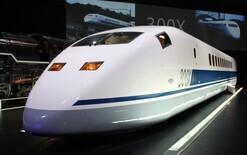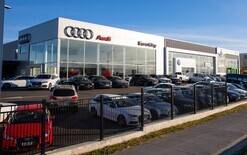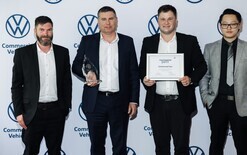BMW reveals plans for electric future
BMW has revealed their strategy to electrify their fleet in the coming years, beginning with a fully-electric MINI in 2019. All existing brands and models can be electrified, the car maker has announced, and additional electrified models will be brought to the market. From 2020, BMW’s next-generation vehicle structure will enable more fully-electric vehicles. The new battery-electric MINI will be a three-door variant, and will go into production in 2019. The electric motor will be assembled at BMW’s factories in Dingolfing and Landshut in Bavaria and then installed inside the fully-built car at the main Oxford plant. “Our adaptable production system is innovative and able to react rapidly to changing customer demand,” said BMW executive Oliver Zipse. “If required, we can increase production of electric drivetrain motor components quickly and efficiently, in line with market developments.” BMW expects EVs and plug-in hybrids to account for 15-25 per cent of sales by 2025, but accepts this may change according to market factors, such as regulation and charging infrastructure. Future BMW vehicles will be built to enable a traditional combustion engine, plug-in hybrid or fully electric drive train with no other modification to speed up production and lower costs. The car maker has committed to selling 100,000 electrified vehicles in 2017, and will have a total 200,000 EVs and plug-in hybrids on the road by the end of the year. Last year, global BMW sales topped 2 million for the first time, with a total 2,376,603 vehicles delivered worldwide. Sales of EVs and plug-in hybrids need to quadruple to meet BMW’s 2025 targets, according to the most recent sales data; if sales grew 5.3 per cent this year, as they did in 2016, then projected electrified vehicle sales will count for four per cent of BMW’s total 2017 deliveries.





